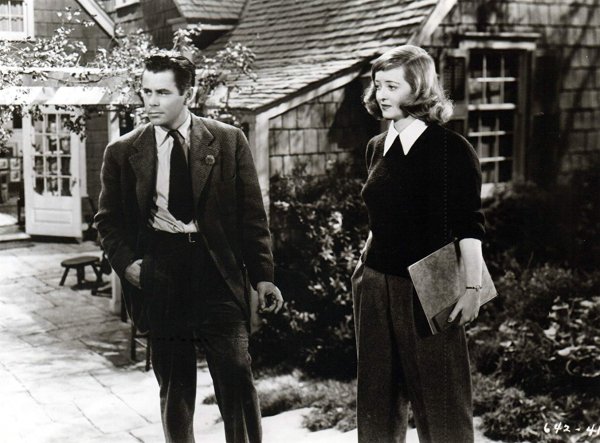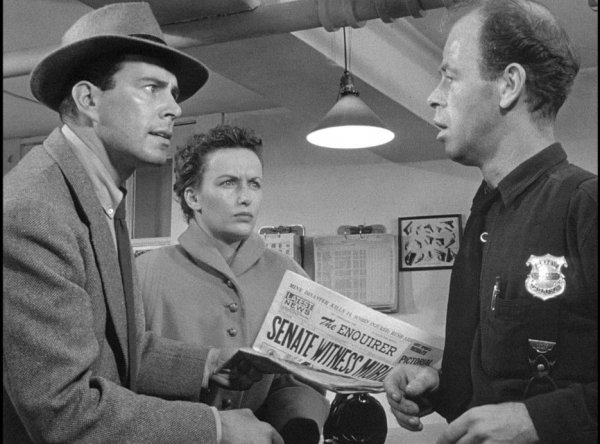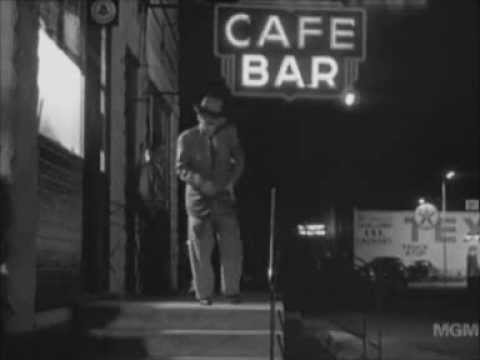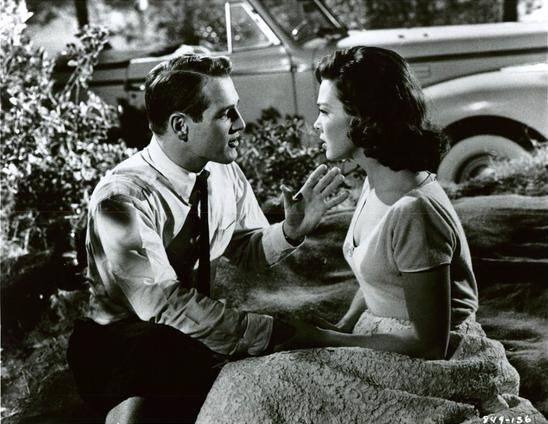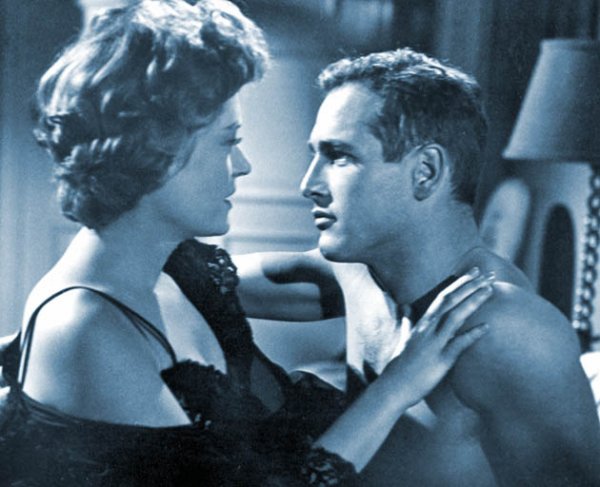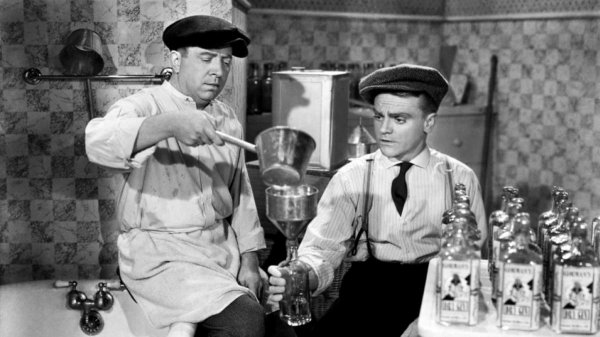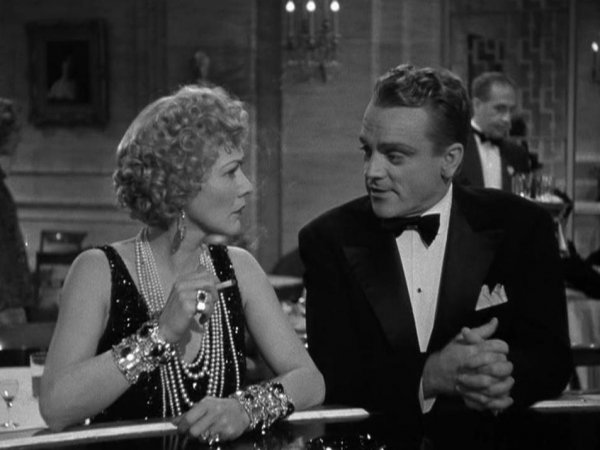- Messages
- 12,135
- Location
- East of Los Angeles
Really? You didn't find Annette, Dobie Gillis, and 69-year-old Buster Keaton playing a witch doctor entertaining?On TCM right now - How to Stuff a Wild Bikini from 1965
View attachment 218829
While I am not at all above a mindless beach movie with bikini-clad girls, this movie is unwatchable...
